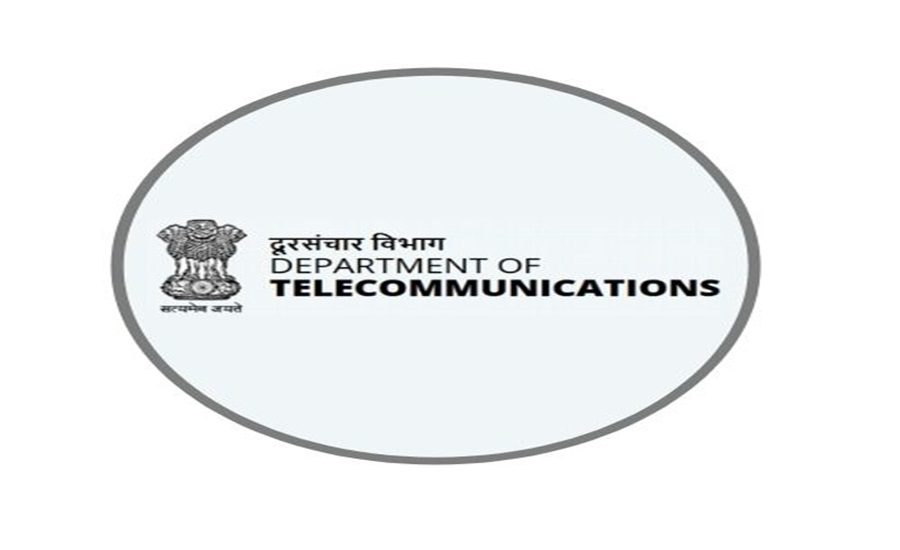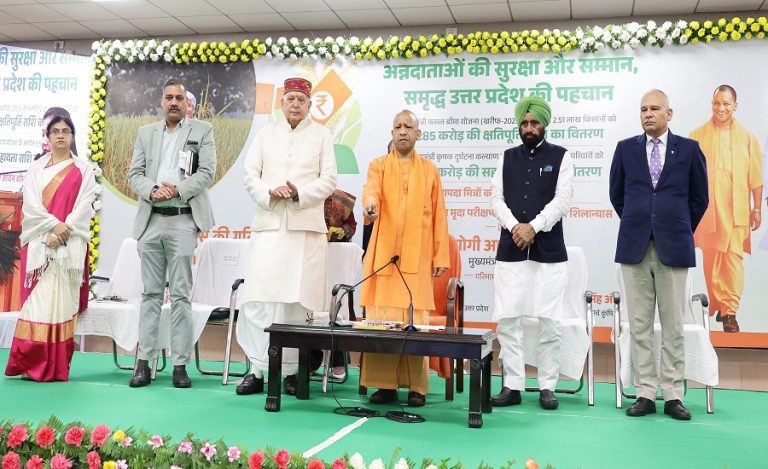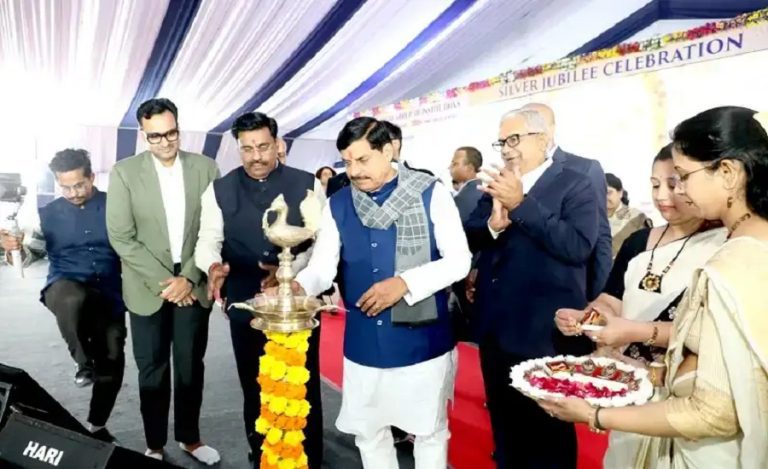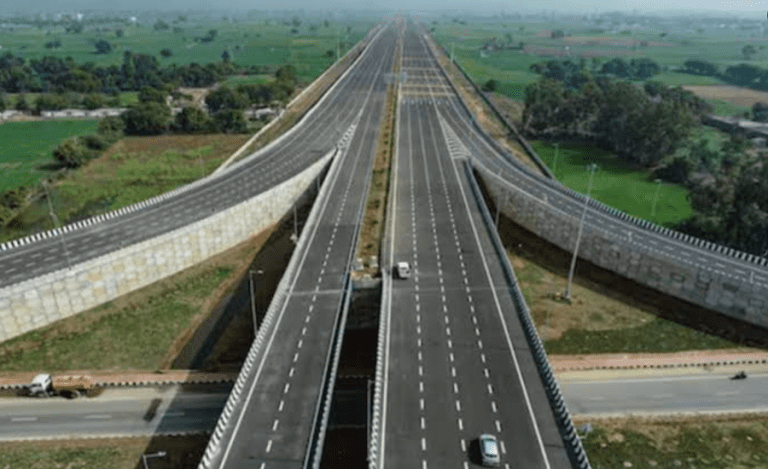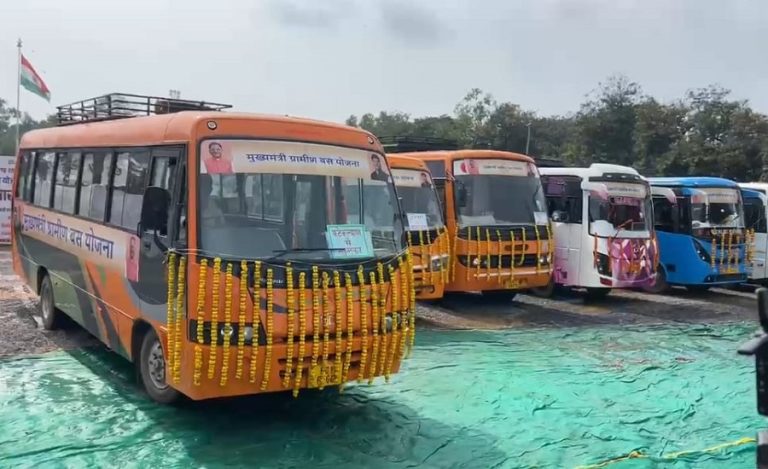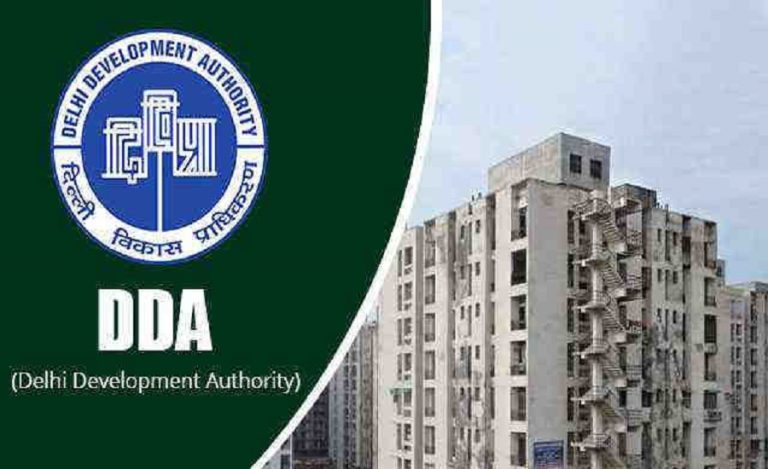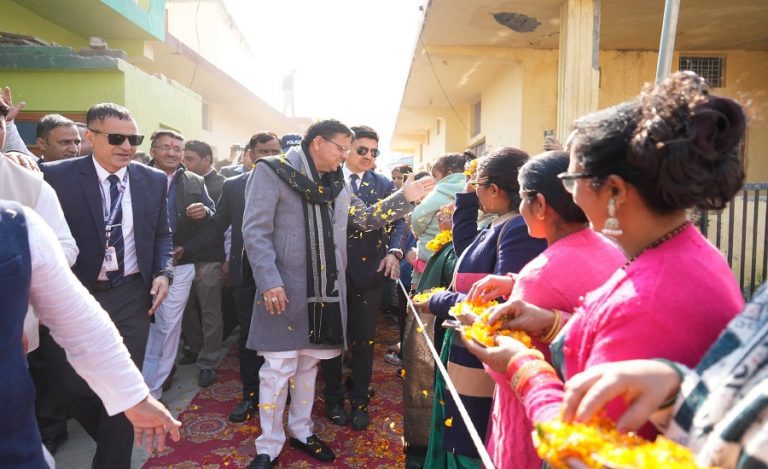New Delhi: The Department of Telecommunications (DoT) has unveiled draft rules governing the provision of main telecom services under the new authorisation regime introduced by the Telecom Act 2023. This proposed framework marks a significant shift in how telecom services can be offered in India, providing flexibility and clarity for existing and new operators.
Voluntary Migration from Licensing to Authorisation
The DoT has clarified that the authorisation regime is voluntary, allowing telecom companies the option to continue under the current licensing system or migrate to the new authorisation-based structure.
A senior DoT official stated that existing licensees opting into the new regime must apply for the migration of all current telecom service licenses to the corresponding authorisation category, as per the draft migration rules. The initial validity for each authorisation is proposed to be 20 years, unless revoked earlier for specified reasons.
Four Categories of Telecom Service Authorisations
Telecommunication services under the new framework are classified into four distinct categories-
- Main Telecommunication Services
- Miscellaneous Telecommunication Services
- Captive Telecommunication Services
- Broadcasting Services
The current draft rules apply exclusively to main telecommunication services, which include–
- Unified services
- Access services
- Internet services
- Long-distance services
- Enhanced Security and Interception Requirements
Security provisions under the draft rules are stringent. Authorised entities must, at their own cost, install and maintain lawful interception systems, compliant with the Central Government’s instructions.
These systems must be integrated with the Centralised Monitoring System (CMS) or the Internet Monitoring System (IMS), as applicable, prior to the commercial launch of telecom services. This ensures comprehensive real-time monitoring and lawful interception capabilities.
Strict Rules for Satellite-Based Telecom Services
For telecom services provided via satellite systems, the draft rules impose several critical obligations–
- All satellite network traffic originating or terminating in India must pass through an authorised satellite earth station gateway within India.
- Routing traffic through foreign gateways, either directly or via inter-satellite links, is strictly prohibited – even during network failures or optimisation scenarios.
- The rules forbid mirroring of user data to any foreign-based satellite system or server, reinforcing the government’s focus on data sovereignty.
Additionally, the framework mandates that no direct communication between user terminals via satellites should occur without routing through Indian ground infrastructure.
Next Steps
The draft rules are open for stakeholder consultation, and industry feedback is expected before finalisation. Once implemented, the new authorisation regime will provide a modern, secure, and flexible regulatory foundation for India’s evolving telecom landscape.

